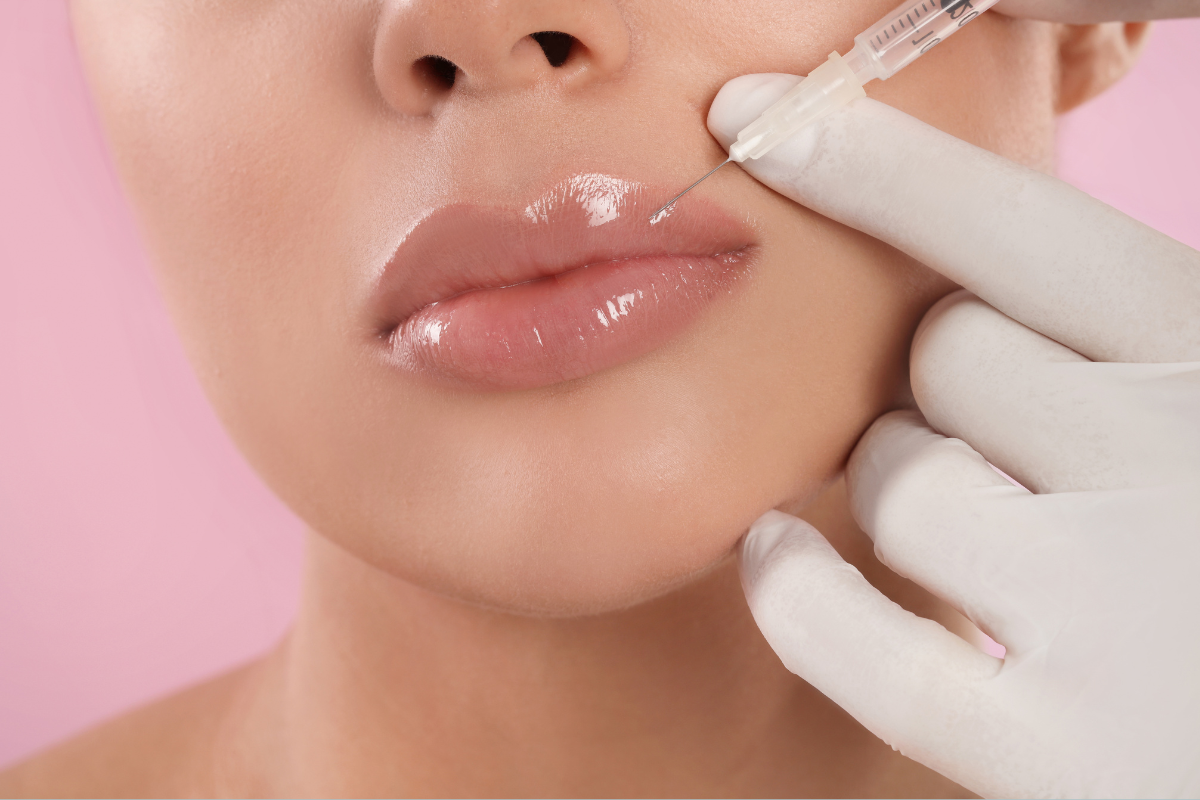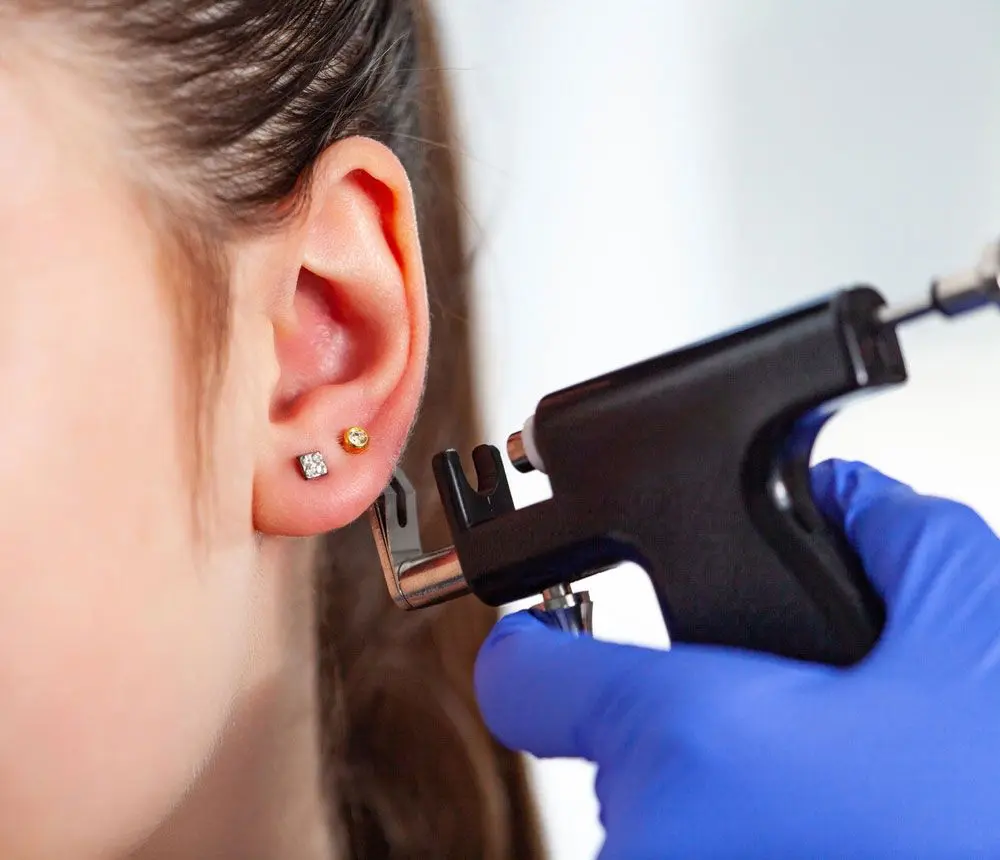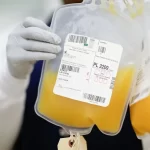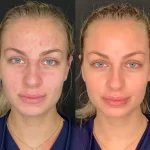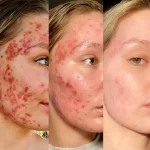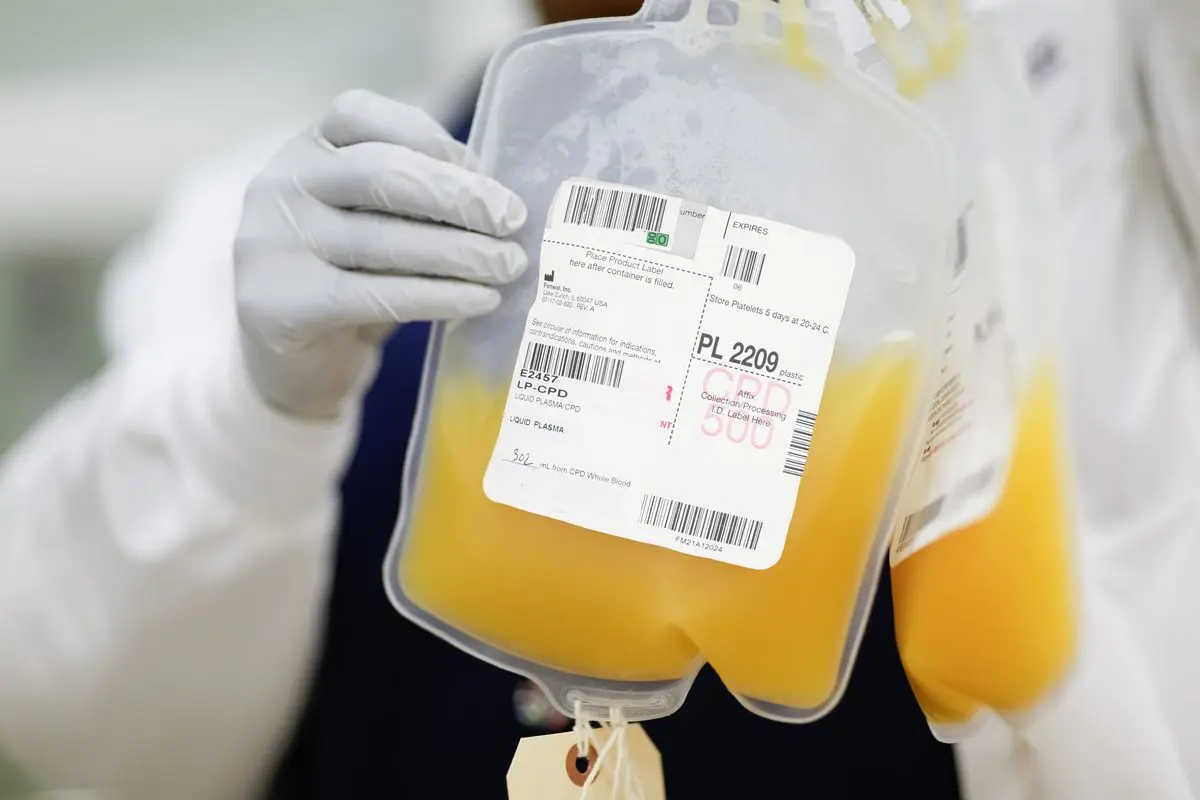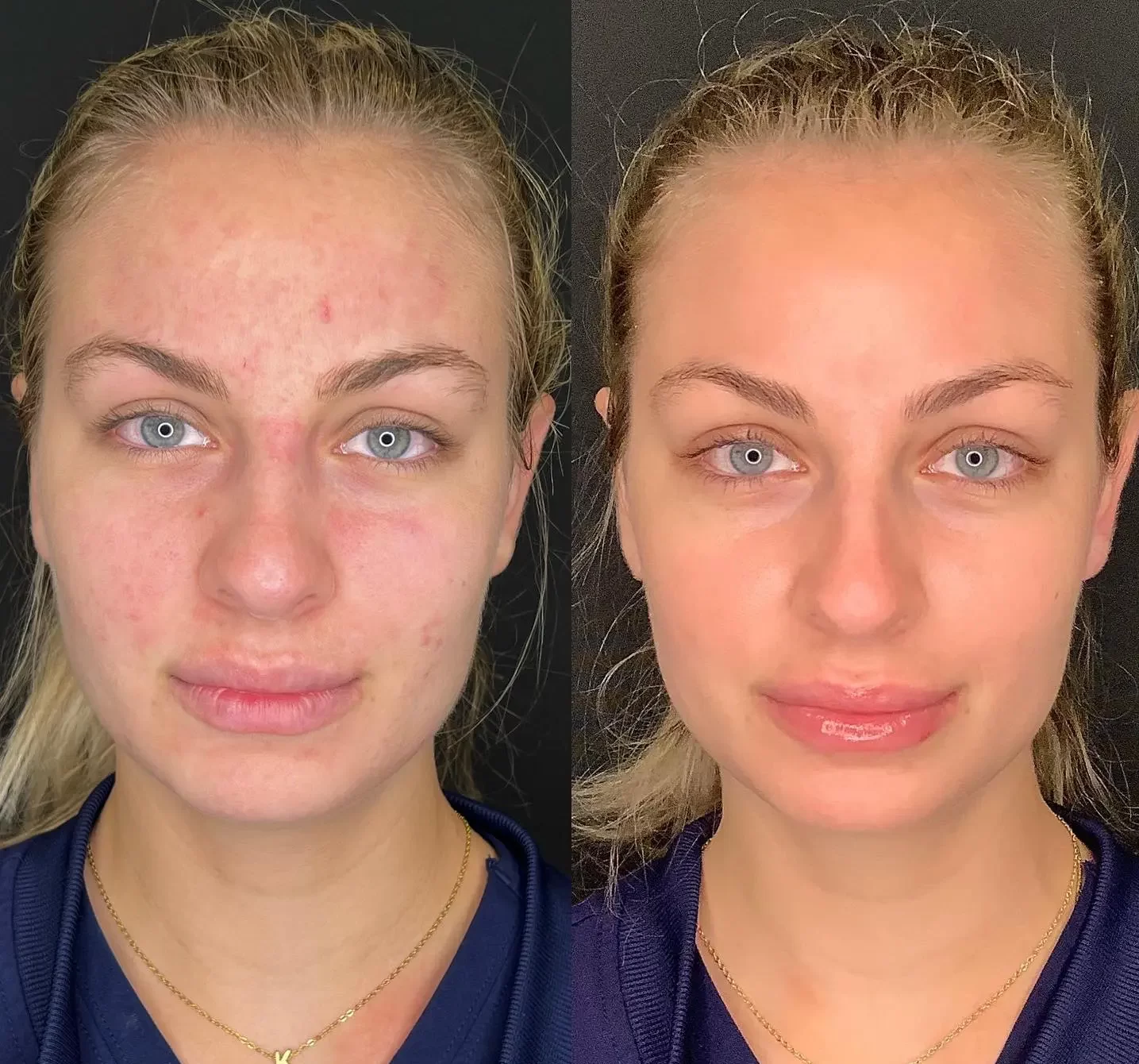You cannot safely get lip fillers while taking Accutane because the medication weakens the skin barrier and slows routine healing. When patients ask whether they can get lip fillers on Accutanee, the answer is almost always no due to the higher risk of swelling, irritation, and delayed recovery.
Accutane makes the lips more fragile, so even a standard injection can lead to complications that last longer than usual. Dermatologists generally recommend waiting until the treatment is complete and the skin has returned to normal strength. Once the skin recovers, lip filler becomes a safe and predictable option again.
At DermonDemand, Dr. Hannah Kopelman – a board-certified dermatologist who treats complex skin cases – guides patients through these decisions with clear, practical steps. Her approach helps you understand what is safe now and what should wait until your skin is ready.
Key Takeaways
- Patients should avoid lip fillers while taking Accutane, as the medication weakens the skin barrier and slows routine healing.
- Most dermatologists recommend waiting at least six months after finishing Accutane before scheduling lip filler to ensure the skin has fully recovered.
- Accutane does not dissolve existing fillers, but it can make the surrounding skin more sensitive, which may affect comfort during treatment.
- Dissolving the filler during Accutane treatment is possible in select cases, but it requires careful evaluation by a board-certified dermatologist.
- Planning future lip fillers is safest when guided by expert assessment, especially from specialists like Dr. Hannah Kopelman, who understands how Accutane affects the skin.
Safety of Lip Fillers While on Accutane
How Accutane Affects Skin and Healing
Accutane changes how your skin holds moisture and repairs itself. The medication reduces oil production, leading to dryness that compromises the barrier layer. Many patients also experience broader changes linked to isotretinoin side effects, which make the skin feel tighter and more reactive.
When this barrier weakens, the skin feels tight and more sensitive during daily activities.
Healing also slows while you take Accutane. The medication affects how your body forms new tissue, which is essential when filler is placed into the lips. A simple injection can take longer to calm down during treatment.
The lips may stay swollen or irritated longer than expected. This is why many clinicians avoid elective cosmetic procedures during active therapy.
Risks of Injecting During Treatment
Injecting lip fillers while on Accutane raises several risks. The most common issue is prolonged swelling that does not settle at the usual pace. Patients may also see more bruising because the skin is fragile and reactive. A standard filler session can lead to patchy irritation that lasts longer than usual.
Another concern is the risk of small cracks forming on the lips after treatment. These cracks are uncomfortable and slow to close. A board-certified dermatologist monitors these reactions and explains how to minimize them. Even with expert care, the chance of a slow recovery is higher during Accutane.
Dermatologist Recommendations and Safety Rules
Dr. Hannah Kopelman advises patients to avoid elective lip filler while taking Accutane. Her guidance focuses on protecting the skin from stress that can lead to long healing cycles.
She often reviews each patient’s broader acne treatment plan to determine the safest timeline. She recommends waiting until the medication is complete and the skin has returned to normal strength.
DermonDemand follows these rules to ensure safe, predictable treatment plans. When needed, your dermatologist may adjust the timing to match your skin’s progress. The goal is to avoid unnecessary problems and provide the best long-term results.
When You Can Safely Get Lip Filler
Getting Lip Filler Before Accutane
Some patients receive fillers before they start the medication. This is possible when the lips and skin are healthy and free from irritation. A short waiting period after filler helps ensure the area settles before Accutane begins. Dr. Kopelman often suggests giving the lips a few weeks to recover so the barrier layer is stable.
This approach reduces the chance of dryness or cracking once Accutane is introduced, and patients who plan to work with their dermatologist to schedule both treatments safely. Good planning supports natural healing and protects the final result.
How Long After Accutane Can You Get Lip Filler
Most dermatologists recommend waiting at least six months after finishing Accutane before getting lip fillers. This period gives the skin time to regain regular hydration and repair functions. The lips regain their natural flexibility, helping the filler settle in smoothly and stably.
Dr. Kopelman evaluates each patient during follow-up visits. Her assessment focuses on moisture levels, sensitivity, and overall skin recovery. Once the skin shows normal strength, your dermatologist can safely move forward with treatment. This timeline ensures the filler performs as expected and the lips look balanced.
Dissolving Fillers While on Accutane
Does Accutane Affect Existing Fillers?
Accutane does not break down the filler that is already in place. Hyaluronic acid filler remains stable in the tissue and does not interact with the medication. Patients who start Accutane with filler still in their lips do not need to worry about the product dissolving. The filler’s structure remains intact throughout treatment.
Problems only occur when the skin around the filler becomes dry or sensitive. These changes can alter how the lips feel, but do not affect the filler itself. A dermatologist can evaluate these symptoms and suggest care routines to support the skin during treatment.
When It’s Safe to Dissolve Filler on Accutane
Dissolving filler with hyaluronidase during Accutane is possible in some cases. The enzyme works normally and breaks down the product without interacting with the medication.
Still, the skin may react more strongly than usual because of dryness. This is why Dr. Kopelman chooses to dissolve only when the benefit outweighs the risk.
If the filler causes unevenness or discomfort, dissolving may be the safest choice. Your dermatologist reviews the skin’s condition and tailors the approach to limit irritation. This careful process reduces side effects and supports comfortable recovery.
How to Fix Your Lips on Accutane
Repairing the Lip Barrier
The lips often become dry while taking Accutane. This dryness results from lower oil production, which leaves the surface exposed. Some patients also notice shifts in oil levels in other areas, which relate to how Accutane affects oily skin more broadly.
Repairing the barrier layer requires a consistent routine focused on hydration and protection.
A simple routine also protects the lips from cracking. Patients should avoid harsh scrubs and strong exfoliants. These products strip the surface and increase irritation. A consistent moisturizing plan keeps the lips soft and reduces discomfort throughout treatment.
Hydration and Treatment Options
Hydrating ingredients like petrolatum and ceramides help create a seal over the lips. These ingredients reduce water loss and improve comfort. Some patients also benefit from short-term use of healing ointments to reduce inflammation. These approaches restore a smooth texture without overwhelming sensitive skin.
Water intake also plays a role in lip comfort. Staying hydrated supports natural tissue repair and improves how the lips feel day to day. Basic habits make a noticeable difference when the skin is dry. DermonDemand reminds patients to keep routines gentle and straightforward to support healing.
How to Plan Lip Filler Safely
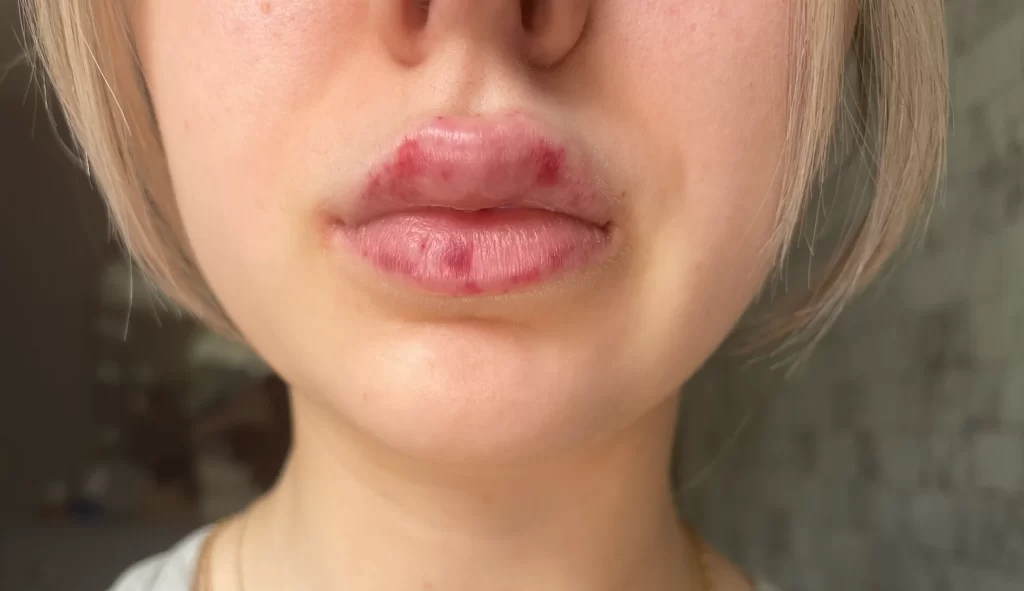
Choosing a Qualified Provider
Working with a board-certified dermatologist ensures safe treatment. These specialists understand how Accutane affects the skin and know when the lips are ready for injections. Their training helps them detect subtle signs of irritation or delayed healing. This expertise guides safe timing and balanced results.
A qualified provider also uses techniques that reduce swelling or bruising. They choose the right filler type for your lip shape and goals. This care improves safety and supports natural outcomes. Patients benefit from medical oversight that considers both short- and long-term effects.
Questions to Ask Before Treatment
Patients can prepare by asking a few targeted questions:
- Is my skin ready for filler based on its current condition?
- How long should I wait after Accutane before scheduling treatment?
- What filler type will create the most natural look for my lips?
- What care steps should I follow after the procedure?
These questions help you understand the plan and avoid surprises. Dr. Kopelman encourages open communication so you can make informed decisions. Clear guidance supports a smooth experience and lasting results.
Final Guidance Before You Proceed
Patients on Accutane should wait before getting lip filler, as the skin needs time to regain strength. Once the skin has recovered, filler can predictably enhance lip shape.
Dr. Kopelman evaluates each case with careful attention to healing patterns and individual needs. Her approach ensures the lips receive treatment at the safest moment.
DermonDemand provides support through every stage of treatment planning. With expert guidance and simple care routines, patients can move forward with confidence. Thoughtful timing protects the lips and leads to better long-term outcomes.


